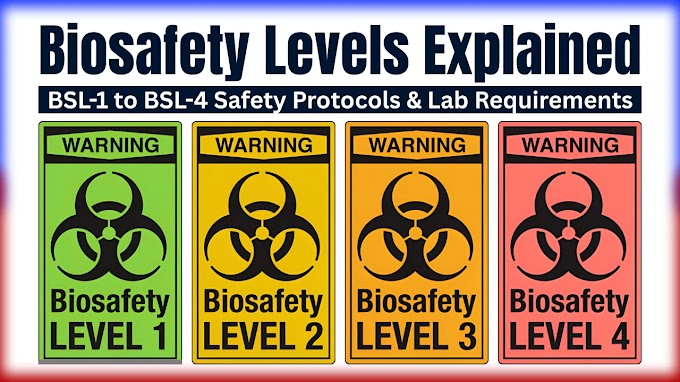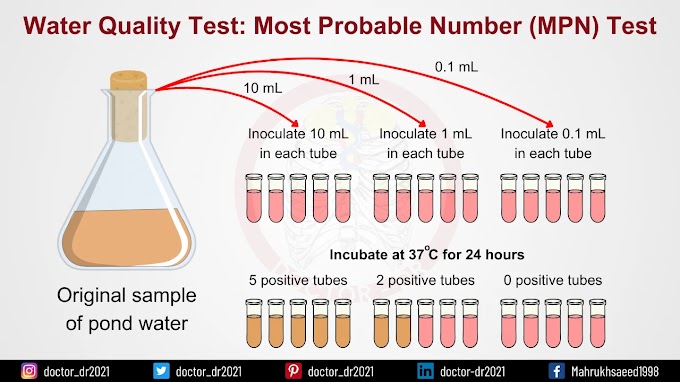100, 150, 200, 250–300 Words for Kids, Students, and Children on Corruption by Microbiology Doctor-dr
Corruption is a worldwide issue that prevents countries or areas from growing naturally. As a result, it's also regarded as an all-encompassing condition and an unneeded impediment for countries attempting to progress. Corruption occurs when people commit fraudulent acts simply because they are in positions of authority.
More paragraph writing on articles, events, people, sports, technology, and other topics may be found here. CLICK HERE
100 Words on Corruption for Kids in Classes 1, 2, and 3.
Corruption is defined as actions or decisions that result in unfavourable outcomes for other parties. Corruption occurs when moral deterioration occurs and no amount of honest evaluation can convince you that you are on the wrong track. Corruption is frequently motivated by a desire for power and money. Corruption degrades a person's capacity to perform tasks by separating him from his character. Many political figures from various nations are engaged, and it is quickly spreading to lesser levels as well. Superpower countries aren't immune to it, either.
150 Words on Corruption for Children in Classes 4 and 5
Corruption has infected every country in the world today. Every country participates freely because it is the route to unprecedented achievement and power. People degrade themselves morally and run in the wrong way for money since authority is based on the quantity of money. There may be differences in the level of corruption in each country, but it does occur.
Corruption affects many aspects of life, including public life, personal life, politics, administration, education, and even research and security. There are very few exceptions. In other nations, corruption is appropriately punished, but this is not the situation fo rmany countries, where there is no particular punishment for any form of corruption. Corruption is a crime that not only destroys lives but also destroys families because once a person becomes accustomed to it, no one but themselves can stop them.
200-Word Corruption Paragraph for Students in Classes 6, 7, and 8
Many frauds go unnoticed by the general public yet have a significant impact. Corruption is the name given to them. Corruption is a heinous deed that has seldom left anyone or any area unaffected. Nothing and no one is immune to corruption, from hospitals to companies to governments. Corruption spreads quickly from upper levels to lower levels, resulting in a culture of less hard effort and falsified outcomes.
There are also indications that drug lords and smugglers gave funding to politicians, and that when they or their survival is endangered, they are targeted for swift action, which usually results in death. Even the most powerful governments are not immune to corruption; after all, who doesn't want power and success? And the quickest method to do so is to amass a large sum of money. They are unable to degrade their influence due to corruption. Corruption, on the other hand, is unable to prevent the deterioration of their morals or values, and in fact, it exacerbates it. We can't begin to comprehend how much money flows into our accounts for personal accumulations. Corruption has become an invasive virus that has infiltrated every department and area of government. Our economy has been devastated by corruption, and our functions have gone crazy as a result.
Students in Classes 9, 10, 11, 12, and Competitive Exams should write a paragraph about corruption that is 250 to 300 words long.
One statement reads, "You can't combat corruption by battling it," which is completely accurate. Corruption is defined as an act motivated by a desire for money and willing to go to any extent to complete illicit duties. Corruption exists in every corner of the world and in every country. Corruption is unstoppable and impossible to eradicate. It can only be completed if it is stopped inside a man's heart. Bribery is one of the most commonly used tactics of corruption.
Bribery refers to the practise of obtaining personal benefit via the employment of favours or gifts. This includes a variety of various sorts of favours. The other is embezzlement, which is defined as withholding funds that can be utilised for theft in the future. It's usually one or more people who have been entrusted with these assets, and it's also known as financial fraud. The third is referred to as "graft," which refers to the improper use of a politician's influence for personal benefit. Drug lords, also known as Narcotic Barons, utilise this one the most.
Extortion is the illegal claim of any assets, land, or property. Favouritism, often known as nepotism, is in full swing these days, with only the favourites or direct relatives of those in power ascending to their full potential. There are a limited number of techniques to combat corruption, but they do exist.
The government can pay its employees a higher wage that is proportional to the amount of labour they do. Reducing workloads and hiring more people can also help to put an end to this pervasive and illegal behaviour. Strict laws are required to put an end to this, and the best way to compete is to put guilty people to death. The government can endeavour to keep the country's inflation low so that people can work properly. Corruption cannot be defeated; it can only be prevented.
Questions and Answers on the Corruption Paragraph
Question 1: Which country has the greatest amount of corruption?
Answer: The country with the greatest amount of corruption is Somalia.
Question 2: Which of the following countries has the least amount of corruption?
Answer: The countries with the least corruption are Denmark, New Zealand, and Finland.
Question 3: What are the world's 10 most corrupt countries?
Answer: The 10 most corrupt countries in the world are Colombia, Mexico, Ghana, Russia, Myanmar, Guatemala, Saudi Arabia, Brazil, and Kenya.








.webp)
.webp)
